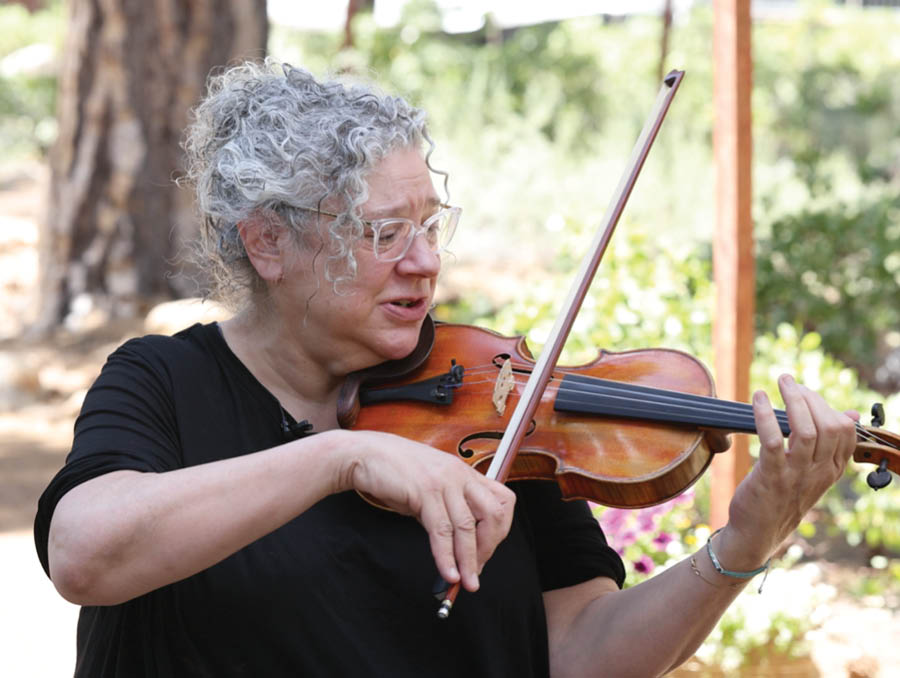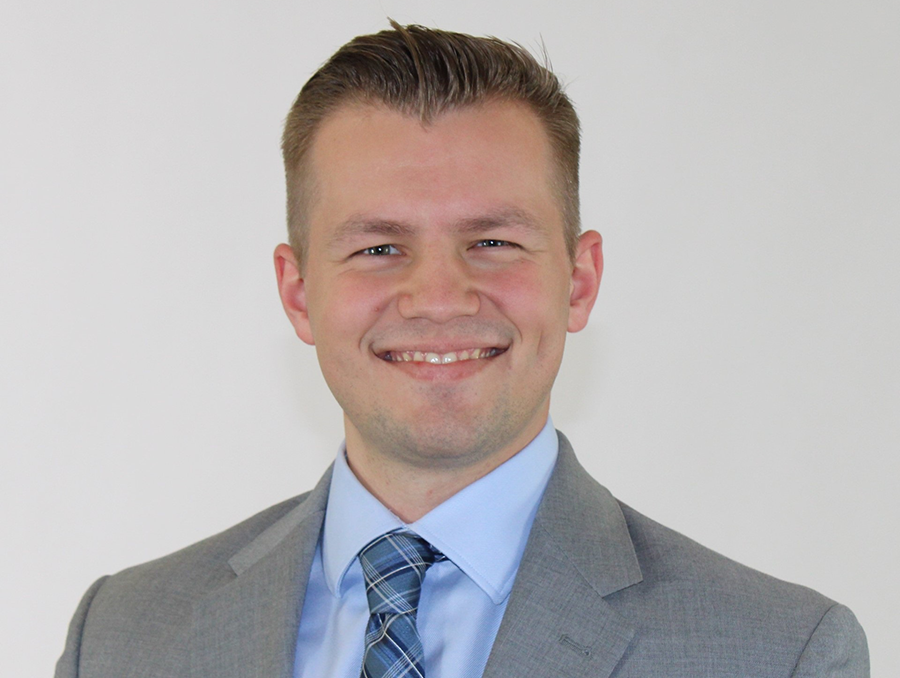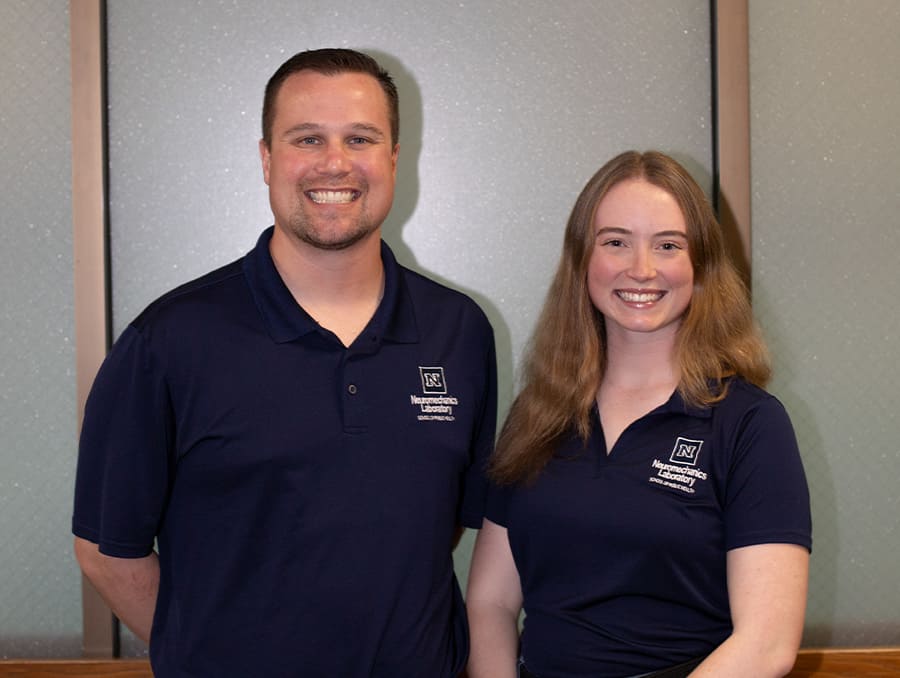Through a series of events including last week’s town hall, a speaker series and a rally set for Friday at 2 p.m. outside the Joe Crowley Student Union, University faculty, staff and students are becoming better informed about Nevada’s growing budget crisis and demonstrating their concern about the potential impact on higher education.
Stephen Lafer sees this all as part of the University’s role to serve as a “brain-trust” for the community and state.
“We need to educate one another and use our capacity for sound ideas and to begin to move forward,” said the associate professor in College of Education.
With that belief, Lafer agreed to help create a series of three evening forums, “An Educated Response,” sponsored by ASUN and Faculty Senate. The first session, held Tuesday held in a room of The Joe Crowley Student Union set for 50, attracted an overflow audience of 115 students and faculty who came to hear University President Milt Glick and Faculty Senate Chair Elliott Parker. Another 50 attended Wednesday evening to hear Reynolds School of Journalism Dean Jerry Ceppos and Nevada Faculty Alliance representative and Professor of Sociology Jim Richardson.
The final session is slated for Thursday at 7 p.m. in room 402 of The Joe. Immediately after, ASUN will host students in the Rita Laden Senate Chambers on the third floor of The Joe to make signs for Thursday’s rally and write letters to elected officials.
The faculty, staff and students joining these activities are stepping up to Lafer’s vision: “I hope people will feel compelled to do something, to organize and be heard, as we also continue to educate.”
Last week’s town hall was attended by more than 300 faculty, staff and students with another 270 participating online.
“Candidly, our world changed on Jan. 22,” Glick said in his town-hall remarks about the state’s announced $881 million budget shortfall.
A proposal released by the Governor’s Office this week is being reviewed by University budget officials, but early estimates place the total impact in the range of 10-15 percent. Previous potential budget cuts to higher education of up to 22 percent had been reported.
Glick said a 10 percent cut would mean approximately $54 million would be shaved from the University’s budget. A 22 percent cut would total $79 million.
Noting the University has already cut 15.5 percent or $33 million from its annual budget, Glick said, “Every cut we make does damage to the University.”
For the University, budget reduction scenarios include:
:: Across-the-board salary reductions;
:: A declaration of financial exigency, which would essentially mean the campus would be declaring bankruptcy and would sell its assets, cut programs and lay off faculty;
:: Curricular review, which would follow guidelines set forth by the Nevada System of Higher Education’s Board of Regents and provide a process by which certain academic programs would be reviewed and possibly closed.
Of the three, Provost Marc Johnson said the campus would likely meet mandated budgets cuts through “a mixture of program closure and some opportunistic cuts such as not filling certain positions.”
Johnson noted the goal will be make all final announcements regarding closure of programs no later than the end of the fiscal year at the end of June.
“The advantage of curricular review (rather than declaring financial exigency) is it’s under our control,” Johnson said, noting that curricular review will give terminated employees up to June 2011 to find new employment. “Unlike financial exigency, we will have a little more time to give notice.”
Glick said he didn’t support financial exigency as a way to balance the higher education budget in Nevada.
“You become the poster child for a failed university,” he said of the national reaction to such a budgetary move. “It hurts the reputation of the University long-term and your ability to recruit students and faculty. I think financial exigency hurts everybody.”
Whatever the mode chosen, Johnson said the process will be even more painful than previous rounds of budget cuts, which have seen 281 positions eliminated and the reduction and elimination of several programs and departments. Tuition has also increased 28 percent over the past two years.
If possible, Glick said, the cuts will be made with the overriding philosophy of not doing irreversible damage to the University’s quality.
“This would result in a narrower University, but hopefully it will be done in a way to maintain the quality of the University,” he said. “Protecting our quality … I don’t see any other choice.”
In remarks given at the beginning of the two-hour meeting, Elliott Parker, chairperson of the Faculty Senate, reminded the audience that the University, even in a time of severe budget reductions, represents one of the most important assets the state possesses.
“I think this University is the finest thing about this whole state,” he said, drawing strong applause from the crowd.
Deborah Achtenberg, chairperson of the Department of Philosophy, had some of the more moving remarks during the town hall. Achtenberg read from a list of experiences from other campuses where severe budget cuts were implemented.
Her message to the crowd was encapsulated with: “As a public good, education supports the state as a whole … and education should be supported by the state as a whole.”
Glick asked how many in the town-hall crowd thought the current budget shortfall was a “one-time problem … or is it a continuing problem for at least five years.” When no one in the room raised their hand to affirm it as a short-term problem, Glick nodded in agreement.
“This is a long-term problem that changes how we deal with it,” he said. “Short-term problems we can band-aid. Long-term problems change the nature of the University.”
A special session of the Nevada State Legislature will convene Feb. 23, by proclamation of the Governor, to consider specific matters related to the state budget.











